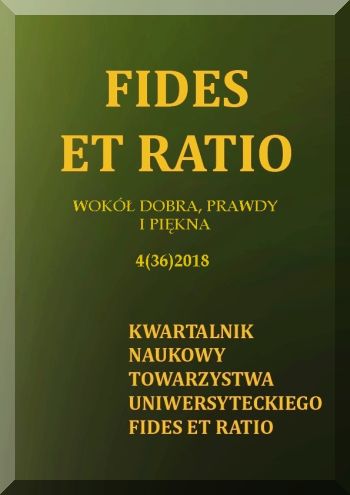Abstract
The “best interests” of the child is a legal term and a general clause, which determines the interpretation of the provisions by the authorities applying the law. On the one hand, the lack of
a legal definition gives the court leeway in interpreting the law and allows for the maximisation of protection of a child's well-being also in situations unknown to the law. On the other hand, in the absence of a legal definition, there is conceptual heterogeneity in the law, psychology and related disciplines (pedagogy, sociology). The purpose of the article is an attempt to define the concept of a "best interest of the child" from the psychological and legal point of view and in practical terms, i.e. for formulating psychological and judicial opinions. The paper presents regulations on the best interests of the child that are in force in Poland, and other selected legislation. The text also includes auxiliary interpretations of the term, which are not sources of law (in Poland): in the area of law – judicial decisions, in the area of psychology and related disciplines – guidelines on psychological and judicial opinions in cases in which the best interests of the child are resolved. A special place was devoted to the 14-factor BIC model and the Best Interests of the Child Questionnaire developed on its basis by Kalverboer et al. (2012). The questionnaire is used to assess the best interest of the child by analysing the quality of the current care and upbringing and the child's expectations regarding the future upbringing environment, thus supporting the decision-making by specialists from different jurisdictions. In addition, the concept of the best interest of the child was included in psychological concepts (e.g. from the perspective of developmental psychology, family psychology, psycho-prevention, or in psychotherapy) and in related disciplines.
